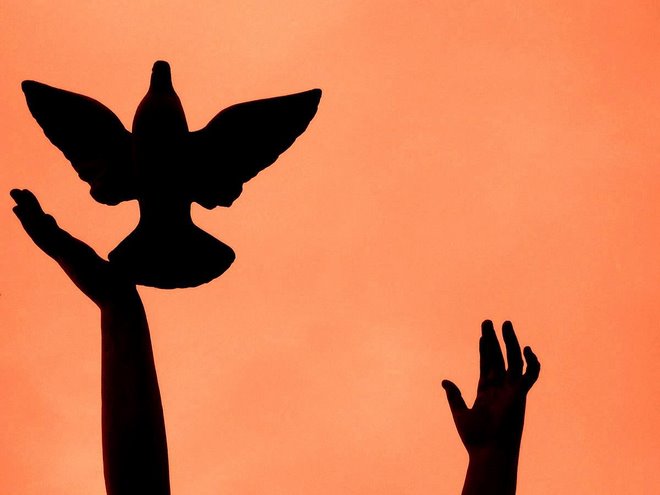Monday: The Global Positioning System (GPS) is powered by no less than 27 satellites (24 active and 3 spares) that circle the earth in 12-hour evenly distributed orbits. A hand-held GPS unit picks up signals from at least 4 of these satellites (but can use as many as 12). These signals are sent out in a regular pulse, and the GPS device detects the distance between it and the satellite by measuring the time between the sending and receiving of the signal. At least, that’s what I understood of the explanation! GPS is funded and controlled by the US Department of Defense.
Tuesday: The Panama Canal is quite an example of political intrigue. See, the French had the idea first and started the project in the late 1870s. They hired the French engineer Ferdinand de Lesseps, who had designed and built the Suez Canal earlier. But The Suez Canal was sea-level, and the Panama Canal was not, it required much more complicated sea-locks. By 1889 Ferdinand de Lesseps had lost his money and his sanity trying to plan the canal. Then America came in. They liked the idea of a canal even more than the French. The only question was whether to dig across Panama, where the distance would only be about 30 miles but would require locks, or across Nicaragua, which would be longer but with no locks. Well, the French knew what the US should do, because they wanted the US to buy their equipment and 15 years of digging in Panama. The French went to work on the US congress, trying to convince them to use Panama and buy their investment. They even hired a Wall Street lawyer to make their case. In 1901 the House of Representatives passed a bill, which officially recommended the path across Nicaragua. But The Senate would have to agree. Then the French representative and the Wall Street lawyer put on the desk of every senator a Nicaraguan postage stamp. On this stamp was a beautiful picture of the volcano Momotombo, in full eruption, in the middle of a lake. It happened to be the lake that the Nicaraguan Canal would pass through. The Senate chose the Panama route and bough the French work for $40 million.
If you want to understand how important the canal was at this time, think about this: When Teddy Roosevelt visited the Panama Canal in 1906, it was the first time an American president had EVER traveled outside the US while in office.
Wednesday: In Swaziland, Africa, a person is expected to live 32.62 years. By 2010 it’s believed that this number will be 29 years life expectancy.
Thursday: Tibetan Monks are not required to be celibate. In fact, they can marry and have families. The Dali Lama, however, must be celibate. His position is passed on by reincarnation, so really the Dali Lama is always the same soul, just different form. The current Dali Lama is the 14th reincarnation. When a Dali Lama dies, then the chosen representatives try to find the “reborn” Dali Lama. They search for several years for a young boy, physically flawless, born around the time of the Lama’s death. Then they do tests. It is believed that the reborn Lama will remember something of his old life, so they show the possible boy several pairs of glasses, or canes, or books, etc, and the boy should remember and pick the one that belonged to the previous Lama. The boy who can pass these tests successfully is hailed as the newest reincarnation of the Dali Lama.
Friday: If you‘re telling your friend about a very cold winter that was - 40°, and your friend asks if that’s Fahrenheit for Celsius, you can say that it doesn’t matter! At -40°, Fahrenheit and Celsius are the same! (Thank you Curtis from Canada for that (personally verified?) information!).
Saturday: Juana Azurduy, a Bolivian woman during the Bolivian revolution, is remembered for wearing a man’s uniform and leading a cavalry charge in which she personally captured the enemy’s flag. Capturing the flag was often viewed as a proof of being a “superior male.” This reminds me of the Naadam festivals in Mongolia, which involve the “Three Manly Sports” of wrestling, riding and archery. The rules require the men competing to wear tight shorts, and absolutely NO SHIRT. That’s because it’s said that hundreds of years ago a man won the wrestling competition, and afterwards they discovered that “he” was a woman. They certainly don’t want that to happen again!



No comments:
Post a Comment